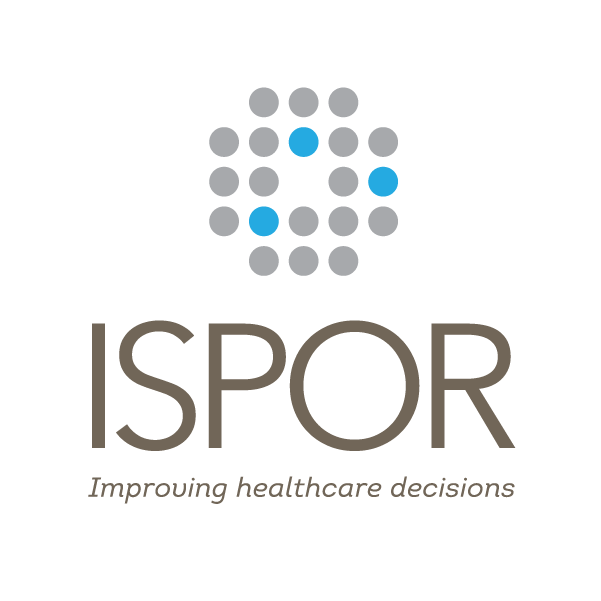Newswise — Boston, MA—May 23, 2017—The International Society for Pharmacoeconomics and Outcomes Research (ISPOR) held a number of sessions at its 22nd Annual International Conference in Boston, MA, USA that focused on the health care systems from different countries.
The workshop, Stated Preferences in Drug Evaluation: A Comparative Assessment of the Use of Stated Preference in the US, Canada, and the European Union [W11], was held yesterday afternoon. Discussion leaders included Axel C. Mühlbacher, PhD, MBA, Professor, Health Economics and Health Care Management, Institute Health Economics and Health Care Management, IGM, Hochschule Neubrandenburg, Neubrandenburg, Germany; Kevin Marsh, PhD, Executive Director, Evidera Ltd, London, UK; F. Reed Johnson, PhD, Professor, Duke School of Medicine, Preference Evaluation Research Group, Duke Clinical Research Institute, Durham, NC, USA; and Deborah Marshall, PhD, Professor, O’Brien Institute for Public Health, University of Calgary, Calgary, AB, Canada. This session compared decision makers’ use of stated preference research in the approval and reimbursement of medical technologies in the United States, European Union, and Canadian regulatory environments and drew good practice lessons from the best elements of each.
The issue panel, What’s So Unique About the US? A Comparative US-UK Perspective to Debate the Role of US Health System Characteristics in the Development and Implementation of Value Frameworks [IP23], was held this afternoon. The panel was moderated by Christine Leopold, MS, PhD, Post-Doctoral Research Fellow, Department of Population Medicine, Health Policy and Insurance Research, Harvard Medical School and Harvard Pilgrim Healthcare Institute, Boston, MA, USA. Panelists included Michael Sherman, MD, MBA, MS, Senior Vice President and Chief Medical Officer, Department of Population Medicine, Health Policy and Insurance Research, Harvard Medical School and Harvard Pilgrim Healthcare Institute, Boston, MA, USA; Andrew Briggs, DPhil, William R. Lindsay Chair of Health Economics, Health Economics and Health Technology Assessment, University of Glasgow, Glasgow, UK; and Paul Gallagher, MBA, President, Compass Strategic Consulting, New Haven, CT, USA. This session compared the United States and United Kingdom health systems and their respective roles in the context of value framework adoption and implementation.
The workshop, Challenges for Implementation of Regulatory Health Technology Assessment in Japan [W23], was held this afternoon. The discussion leaders included Shunya Ikeda, PhD, MD, Professor, International University of Health and Welfare, Ohtawara, Japan; Mondher Toumi, MD, PhD, MSc, Professor of Public Health, Department of Public Health, Aix-Marseille University, Marseille, France; Ataru Igarashi, PhD, Associate Professor, University of Tokyo, Tokyo, Japan; and Haruki Matsumoto, MD, Technical Official, Ministry of Health Labour and Welfare, Tokyo, Japan. This session focused on current and future challenges for health technology assessment implementation in Japan and how those challenges are being addressed.
Additional information on the ISPOR 22nd Annual International Meeting can be found here. Released presentations from the conference can be found here. Interested parties can follow news at ISPOR’s press site and on social media using the conference hashtag #ISPORBoston.
###
ABOUT ISPOR
The International Society for Pharmacoeconomics and Outcomes Research (ISPOR) is a nonprofit, international, educational and scientific organization that promotes health economics and outcomes research excellence to improve decision making for health globally.
Web: www.ispor.org | LinkedIn: http://bit.ly/ISPOR-LIn | Twitter: http://bit.ly/ISPOR-T (@ISPORorg) | YouTube: http://bit.ly/ISPOR-YT | Facebook: http://bit.ly/ISPOR-FB
